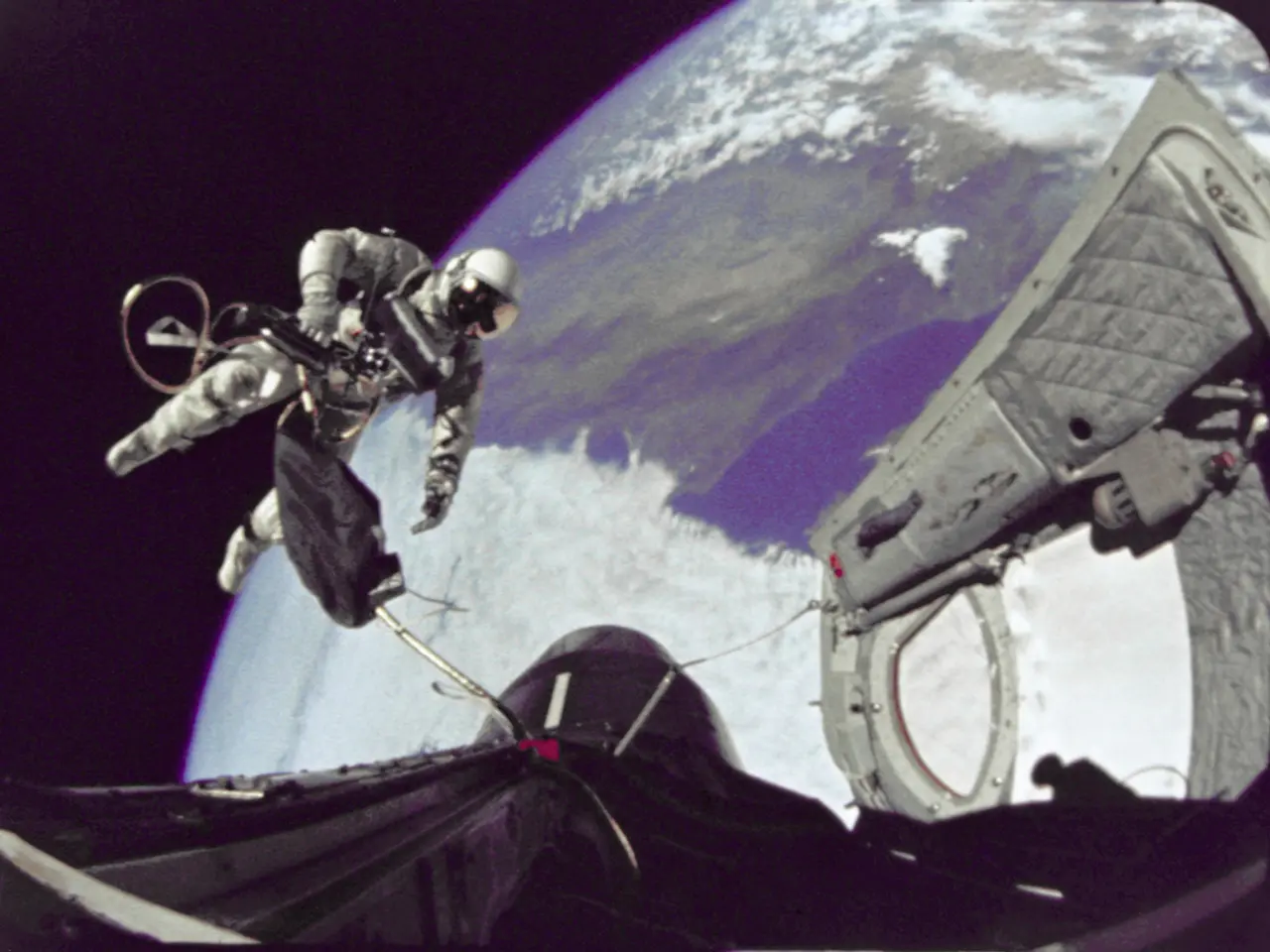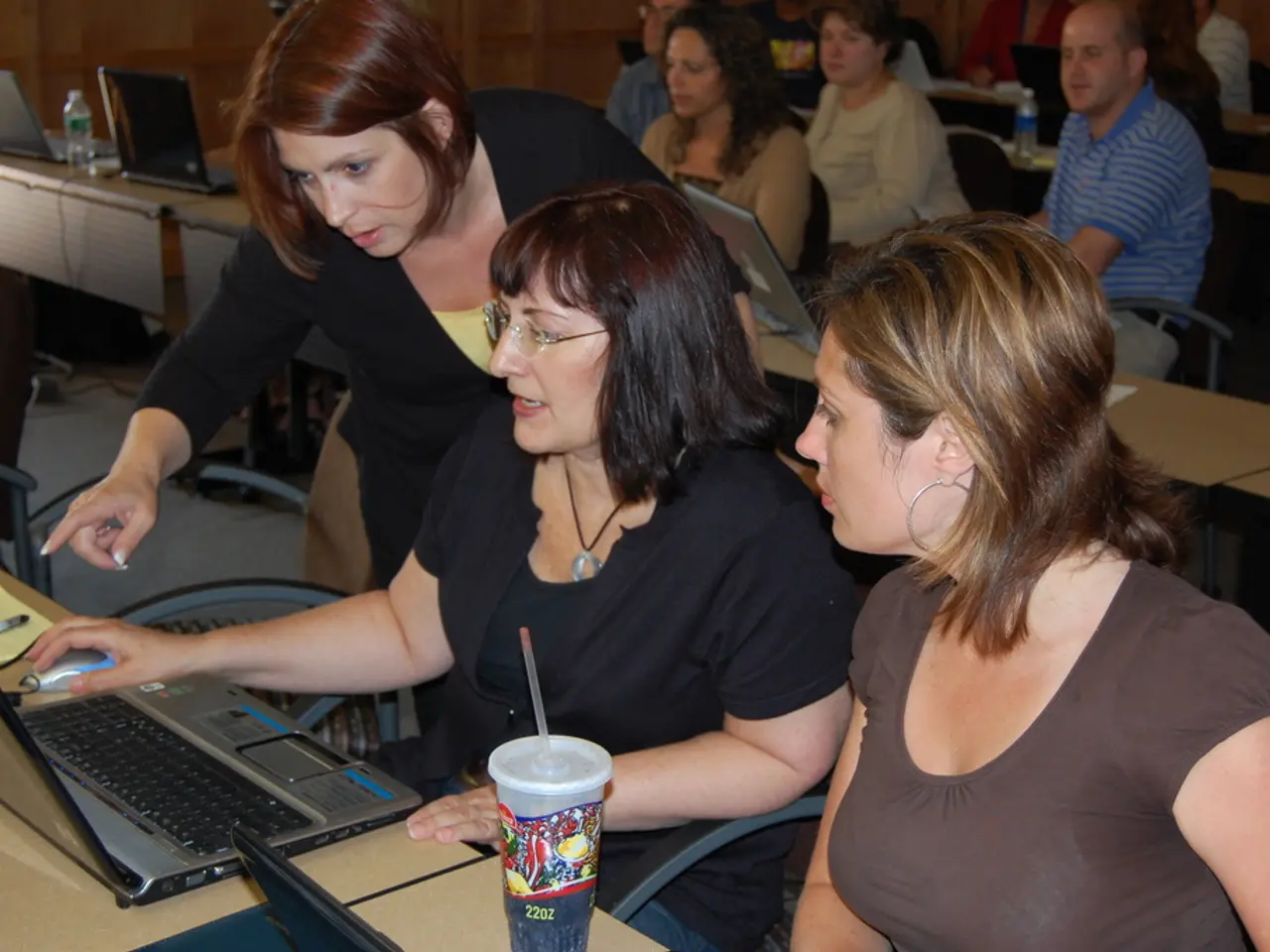space travel for the general public a realistic possibility within our lifetimes?
=============================================================================
As the dream of space travel becomes increasingly attainable, the world is on the brink of a new era of discovery. Space tourism, with its promise of leisurely journeys to Earth's orbit and beyond, is tantalising the imagination and redefining what it means to travel.
Ensuring the safety of passengers and crew is paramount in commercial space travel. Rigorous testing and accident-prevention strategies are essential to ensure a smooth and secure journey for all. Despite the challenges, the feasibility of space tourism depends heavily on our commitment to overcoming current obstacles through technological ingenuity, economic investment, and international cooperation.
The vision for space travel extends far beyond Earth's orbit. Potential journeys to the Moon, Mars, and beyond are on the horizon, with possibilities for space habitations and interplanetary travel. NASA, at the forefront of space missions, has been instrumental in paving the way for these ambitious ventures.
Technological advancements are reshaping the prospects of space tourism. Reusable rocket technology, such as SpaceX's Falcon 9 and Blue Origin's New Shepard, are significantly reducing launch costs and increasing accessibility for space tourists. AI-driven autonomous navigation systems and robotics are also improving safety and efficiency in space travel.
Private sector investment and commercial initiatives have accelerated space tourism development. Billionaire-backed companies like SpaceX, Blue Origin, and Virgin Galactic are offering suborbital and orbital flights for paying customers, maturing the market from occasional single flights to more routine launches. However, tickets still cost hundreds of thousands of dollars.
The development of space habitats and long-duration support systems is essential for supporting longer stays for tourists. Companies like Axiom and Orbital Assembly Corporation are designing rotating space stations that could enable activities like zero-gravity relaxation, Earth observation, and scientific experiments. The viability of these habitats depends on further reductions in launch costs and advancements in human health support for extended space stays.
The global industry growth and emerging space programs are further diversifying and strengthening the economic base of space tourism. Nations like India, through ISRO and private firms like Skyroot and Agnikul, are entering the commercial space sector, investing in low-cost missions and planning manned missions and commercial activities.
Addressing the challenge of debris in space is crucial for the longevity of this new frontier for humanity. Advancements in debris tracking and removal technologies are essential for maintaining the safety and sustainability of space travel.
As these combined technological and economic trends continue to transform space tourism, it is gradually overcoming past barriers related to cost, accessibility, safety, and infrastructure. The mere notion of venturing into space for leisure may soon become an exciting and attainable opportunity for many.
However, challenges remain, such as regulatory frameworks and system reliability. Continuous technological improvements and investment trends indicate steady progress towards routine, economically sustainable space tourism. Achieving space tourism in our lifetime will redefine what it means to travel and pave the way for generations to explore beyond our planet.
[1] Space.com. (2021). Space Tourism: The Future of Space Travel. [online] Available at: https://www.space.com/space-tourism.html
[2] The New York Times. (2021). Space Tourism Is Closer Than Ever. Here's What You Need to Know. [online] Available at: https://www.nytimes.com/2021/07/20/science/space-tourism-spacex-blue-origin.html
[3] Forbes. (2021). Space Tourism: The New Frontier For The Rich And The Curious. [online] Available at: https://www.forbes.com/sites/jacobmorgan/2021/07/15/space-tourism-the-new-frontier-for-the-rich-and-the-curious/?sh=73c2c9e6651b
[4] The Verge. (2021). Space tourism is becoming a reality. [online] Available at: https://www.theverge.com/21461717/space-tourism-becoming-a-reality-spacex-blue-origin-virgin-galactic
- The vision for space travel extends far beyond Earth's orbit, with potential journeys to the Moon, Mars, and beyond, requiring technological advancements in rocket technology, AI-driven autonomous navigation systems, and the development of space habitats, as demonstrated by companies like NASA, SpaceX, Blue Origin, and Axiom.
- The global industry growth and emerging space programs, such as those in India through ISRO and private firms like Skyroot and Agnikul, will further diversify and strengthen the economic base of space tourism, making space travel a more attainable opportunity for both the rich and the curious.




